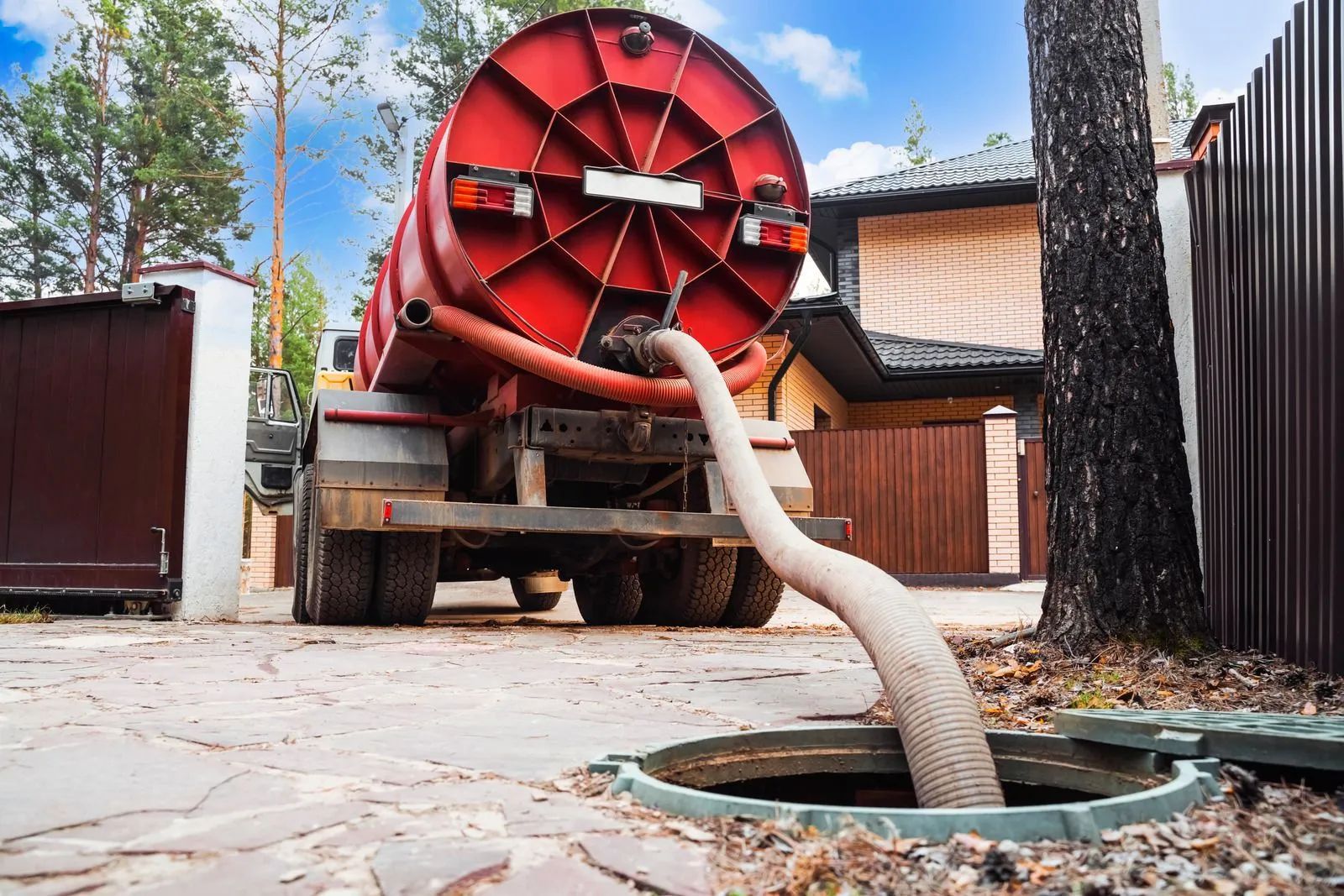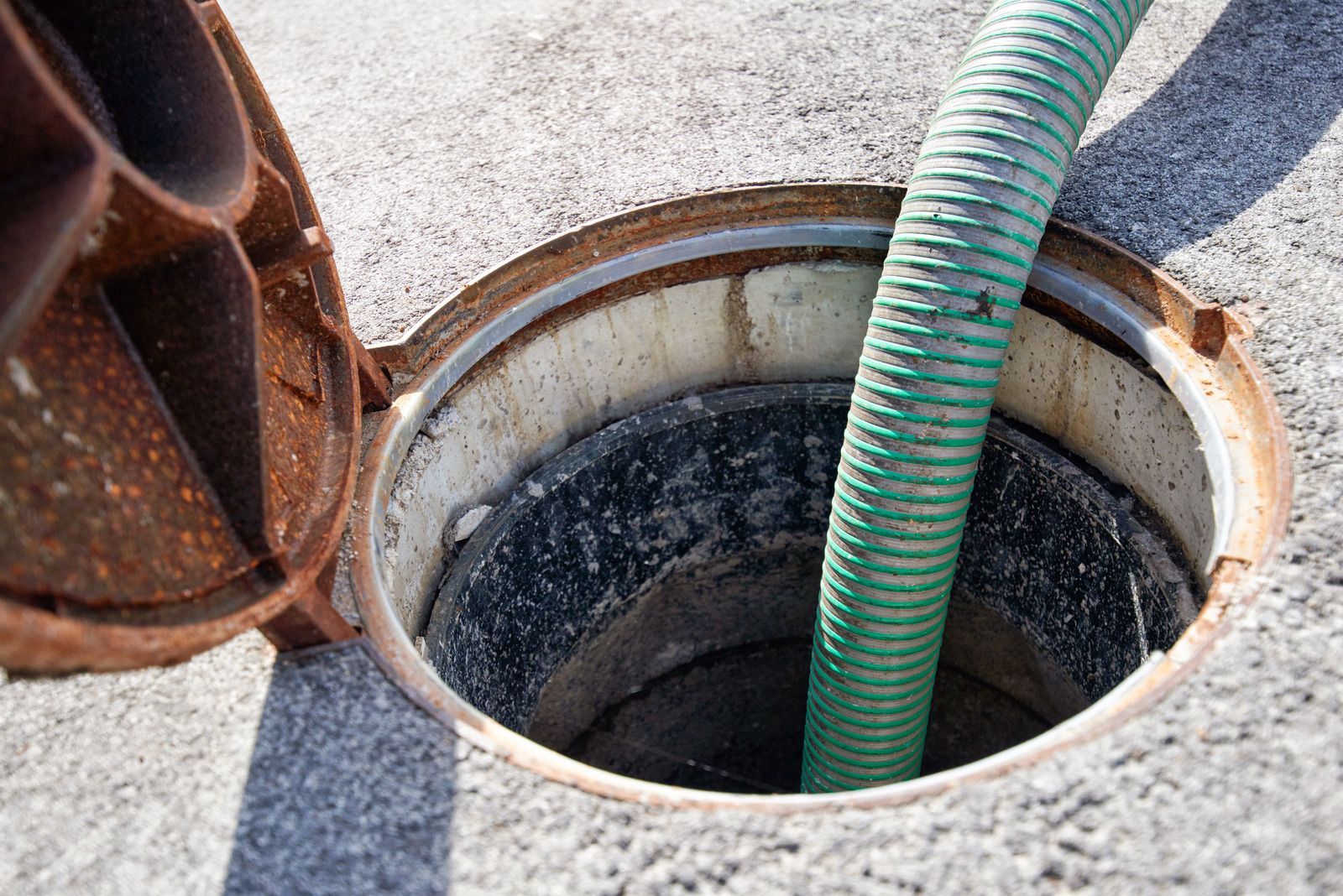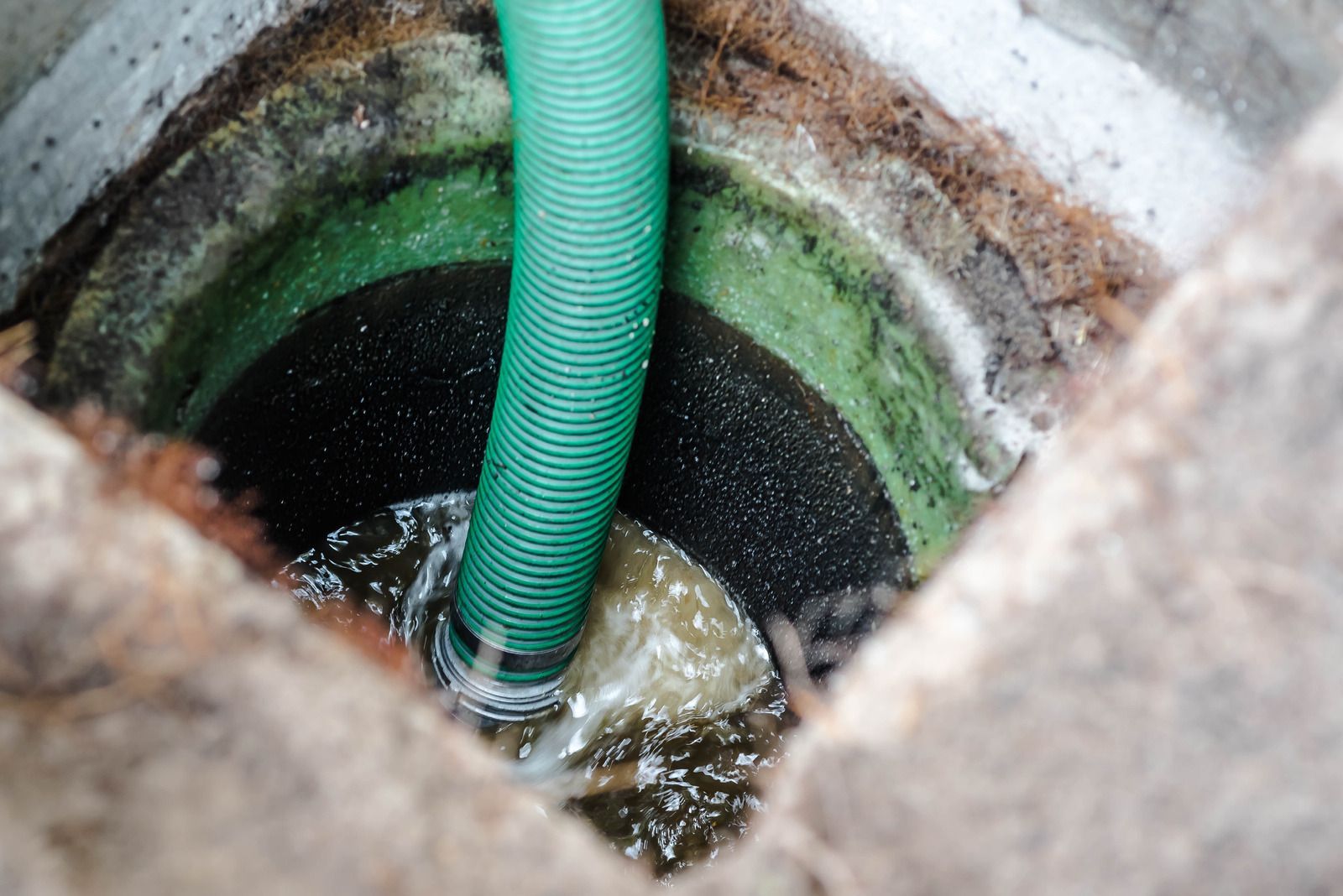Lift Station Pumping: What Every Business Must Know Now
Many commercial properties, including restaurants, hotels, and industrial facilities, depend on lift stations. These stations handle large amounts of wastewater daily. Over time, solids and grease build up, affecting performance. Routine pumping removes waste and reduces strain on pumps and pipes. This service extends the system’s life and prevents costly breakdowns.
A failing lift station creates health hazards and environmental risks. Blocked systems cause overflows, which may lead to fines and legal trouble. Keeping the system clean ensures smooth operations. Every business should schedule professional pumping at the right intervals to avoid disruptions.
Understanding Lift Station Pumping
Businesses that rely on wastewater systems need a well-maintained lift station. These stations move wastewater from lower to higher elevations. Many properties use them when gravity alone cannot direct the flow. Regular pumping keeps the system efficient and prevents major problems. Ignoring maintenance can lead to backups, foul odors, and expensive repairs.
Why Regular Pumping Matters
Lift stations collect waste from different sources. Solid debris, grease, and sludge settle at the bottom. If not removed, these materials harden and clog the system. Pumps work harder, increasing energy use and wear.
Routine pumping clears out harmful buildup. It keeps wastewater moving efficiently and protects mechanical parts. Businesses that schedule regular service avoid sudden failures. A neglected system requires expensive repairs and may need full replacement.
Pumping also helps control odors. Waste accumulations release strong smells, affecting employees and customers. Keeping the station clean eliminates unpleasant odors and improves air quality.
Signs That Indicate Immediate Pumping
Businesses should watch for signs of a struggling lift station. Delayed action leads to bigger problems. Some key signs include:
- Slow drainage in sinks and toilets
- Unusual noises from the pumps
- Foul smells around the property
- Frequent pump alarms or malfunctions
- Water pooling near the lift station
These issues signal that the system needs immediate attention. Ignoring them risks damage to pipes and pumps. A professional service removes the blockage and restores normal flow.
The Right Pumping Schedule
Every business needs a custom pumping schedule. The right frequency depends on waste volume, property size, and daily water usage. Restaurants and food processing facilities may need service every few months. Smaller offices or retail spaces may need pumping once or twice a year.
A professional inspection determines the best schedule. Experts assess waste levels and recommend the right timing. Staying on track with maintenance prevents emergency breakdowns.
Professional Pumping vs. Emergency Repairs
Preventative pumping costs far less than emergency repairs. A clogged or overflowing lift station causes business interruptions. Repairs take time and may involve replacing damaged parts. In some cases, businesses must close operations temporarily.
Regular service prevents these emergencies. Pumping professionals remove waste before it causes damage. They also check for early signs of wear, allowing for timely repairs. Keeping the system in good condition avoids costly disruptions.
Choosing a Reliable Pumping Service
Hiring the right company makes a difference. A reliable service provider offers timely pumping and thorough cleaning. They use specialized equipment to clear out sludge and debris. They also inspect pumps and controls to detect any issues early.
Look for a company with experience handling commercial lift stations. A well-equipped team completes the job efficiently. Choose a provider that offers scheduled maintenance plans. It ensures that the system stays in top shape without unexpected problems.
Lift station pumping keeps wastewater systems running efficiently. Businesses must schedule regular service to avoid backups and costly repairs. Ignoring maintenance leads to odors, system failures, and health risks. Watching for warning signs helps businesses act before problems get worse. Investing in routine pumping protects business operations and keeps the system working properly.




